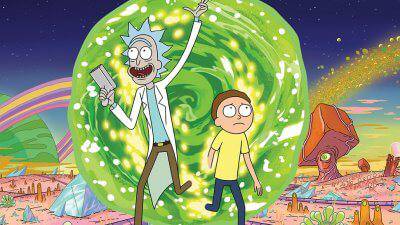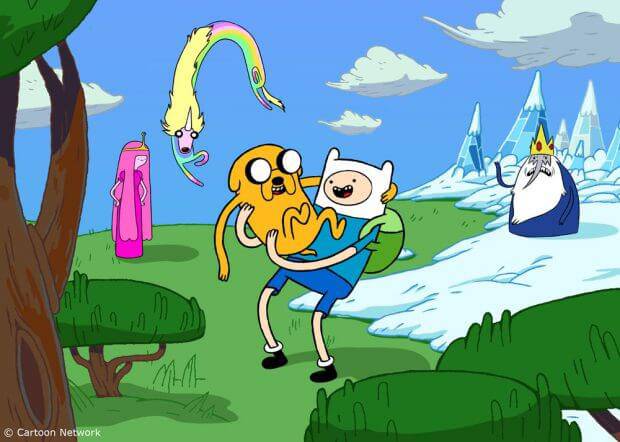An Animated Renaissance: Tracing the resurgence in popularity of animated content
Jake Cassels, Managing Director of the award winning, next generation independent production company The Connected Set, offers some thoughts on the current state of contemporary animation series production and what the future might hold for it.
Animation has long been a tool that commissioners at media companies have relied on to deliver new and younger audiences and help their channel brands stand out during challenging times. Today, as audiences have more choice with the content they watch, will we ever see a series that is as popular or as enduring as The Simpsons again, or are we entering a new golden age for animation?

The Simpsons (Fox)
Cartoons for grown-ups
In the late 80s, The Simpsons was a crucial and early hit for Fox in the US and helped cement its reputation at a time when there was a proliferation of cable channels. In the 1990s, when Fox’s sister channel Sky 1 in the UK was struggling, The Simpsons helped establish the channel and grow paid subscriptions.
Having spent some time on BBC2 in the late 90s, Channel 4 famously paid £15m or £700,000 an episode in 2002 for rights to show season 12 and 13 and garner the audience it brought the channel. It’s no wonder The Simpsons went on to be named the 20th century’s best TV series by Time magazine.
Likewise, the rise of South Park also coincided with a huge change in viewer habits and appetites in the late 1990s. Trey Parker and Matt Stone’s original proof of concept for the show, Jesus vs Santa, was one of the internet’s first viral hits. South Park’s inimitable humour appealed to generation X and younger who grew up during the 80s comic revival and watched a lot more animated content than older generations. They appreciated the medium in a way that previous generation didn’t. It was cool for adults to enjoy cartoons. South Park massively helped the fortunes of MTV and Comedy Central, not only with big audiences but also with revenue from merchandise; toys, t-shirts, video games, movies and more. It’s still a big ratings winner for Comedy Central today.

Rick and Morty (Adult Swim)
Geek culture
One significant move by Netflix was to acquire the first three seasons of Rick and Morty, first developed for Adult Swim, the late night programming block on Cartoon Network. Rick and Morty follows the misadventures of mad scientist Rick and his grandson Morty who split their time between home and interdimensional adventures.
Democratising Production
The production techniques used on Rick and Morty and a lot of modern animated shows means any artist with Adobe Creative Suite (and a lot of time) could compete. Backgrounds are produced in Photoshop and post production in After Effects. The continued democratisation of production techniques is great news for budding single animators and writers wanting to break into the market or pilot a project on YouTube or at a festival
As uncertainty surrounding a fourth season of Rick and Morty remains at the time of writing, rumours have been circulating that Netflix may well persuade the creators, Justin Roiland and Dan Harmon, to get back into production. If they don’t succeed, we’re confident the next big comedy animation series will land on Netflix rather than a traditional TV broadcaster – unless Crunchy Roll or VRV get there before them.

Adventure Time (Cartoon Network)
Time to take a risk
But how can UK talent get a slice of the action? We know the UK has a huge number of talented animators, artists, writers and animation studios who are regularly commissioned for animated films, shorts and children’s programmes for CBeebies and CBBC projects. But, we don’t tend to see mainstream animated series like Rick and Morty, Adventure Time or Gravity Falls being developed in the UK. Is this because broadcasters in the UK don’t see the benefits animated content can bring? Are they unwilling to take a risk to break new original shows?
It would be incredible to see a show like The Simpsons developed in the UK. To achieve this, we need to encourage UK broadcasters and media companies to take that risk. If they don’t, the new SVOD players will continue to steal the march. With or without the UK broadcasters, UK animators, writers and animation studios are well placed to seize the moment. We are entering a golden age of animation but we need to fight to make that happen in the UK.

